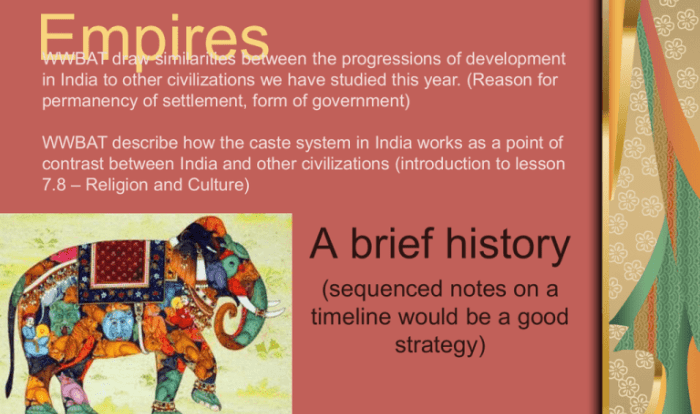Kurtz quotes heart of darkness – Embark on a literary journey into the heart of darkness, guided by the enigmatic Kurtz’s quotes. In Joseph Conrad’s masterpiece, Kurtz’s profound and haunting words illuminate the depths of human nature, the complexities of colonialism, and the illusions that shape our world.
Kurtz’s utterances serve as a mirror reflecting the darkness that lurks within us, exposing the fragility of civilization and the destructive power of isolation. As we delve into his quotes, we uncover the complexities of good and evil, the search for meaning, and the impact of isolation on the human psyche.
Introduction
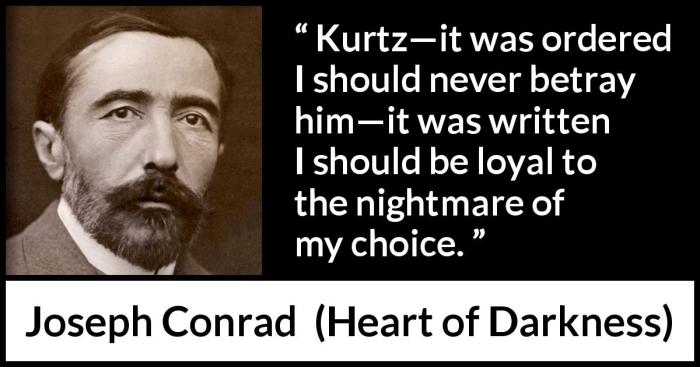
Kurtz’s quotes in Joseph Conrad’s “Heart of Darkness” hold immense significance, illuminating the novel’s central themes and providing insights into the human psyche. Set in the depths of the Congo during the era of European colonialism, the novel follows Marlow’s journey into the heart of darkness, both physical and psychological, as he seeks Kurtz, a charismatic but enigmatic ivory trader.Kurtz’s
enigmatic utterances, often delivered in cryptic or fragmented language, offer glimpses into the profound darkness that has consumed him. They reveal his descent into savagery, his disillusionment with civilization, and his ultimate embrace of nihilism. Through these quotes, Conrad explores the corrosive effects of power, the fragility of morality, and the darkness that lurks within the human heart.
Kurtz’s Descent into Savagery
Kurtz’s descent into savagery is a gradual and tragic process. As he delves deeper into the African wilderness, he becomes increasingly isolated and unhinged. His initial idealism and belief in the civilizing mission of Europe give way to disillusionment and despair.In
his famous “horror! horror!” speech, Kurtz laments the brutality and savagery he has witnessed:
“The horror! The horror!”
This utterance encapsulates Kurtz’s realization of the true nature of human nature, which he sees as inherently violent and destructive.
Darkness and Civilization
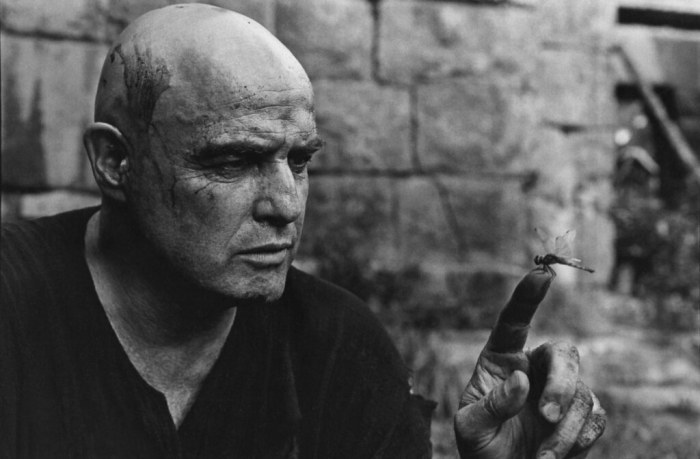
Kurtz’s character in Heart of Darkness embodies the complexities of colonialism and the darkness that can reside within civilization. His quotes provide profound insights into the nature of darkness and the destructive effects of imperialism.
Kurtz’s Views on Darkness
Kurtz views darkness as an inherent part of human nature, both within individuals and within societies. He believes that civilization is a thin veneer that conceals the underlying savagery and brutality that lurk beneath the surface.
“The darkness is within you. The darkness is within me. The darkness is within all of us.”
Kurtz’s quote suggests that darkness is not simply an external force but something that exists within each individual. He recognizes that even the most civilized of people are capable of great evil, as evidenced by the atrocities committed by Europeans in Africa.
Imperialism and the Corruption of Civilization
Kurtz’s experiences in the Congo expose the destructive consequences of imperialism. He witnesses firsthand the greed, exploitation, and violence that accompany colonial rule.
The enigmatic Kurtz from Joseph Conrad’s “Heart of Darkness” left behind haunting quotes that resonate deeply. One such quote, “The horror! The horror!” encapsulates the unspeakable horrors witnessed in the Congo. While Kurtz’s words echo through time, they also connect us to contemporary issues explored in the insightful legal analysis, procanik by procanik v.
cillo . Through a rigorous examination of a landmark case, this analysis sheds light on the complexities of the legal system and the ongoing struggle for justice, mirroring the profound insights found in Kurtz’s timeless words.
“The horror! The horror!”
Kurtz’s dying words encapsulate the profound disillusionment and despair he feels after witnessing the horrors of imperialism. He recognizes that the pursuit of wealth and power has corrupted the very essence of civilization, leading to unspeakable suffering and brutality.
The Power of Illusion: Kurtz Quotes Heart Of Darkness
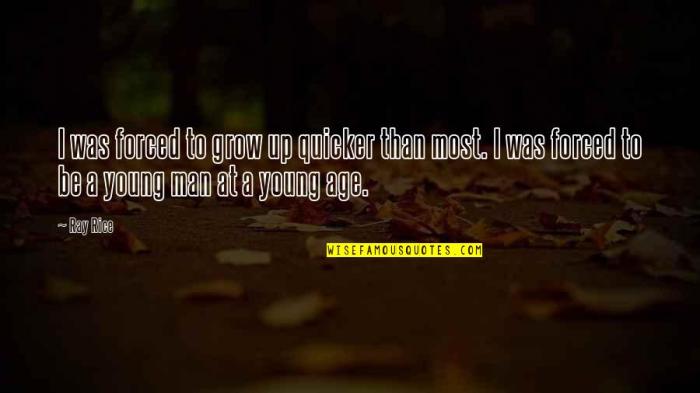
Kurtz’s beliefs about the power of illusion are central to his character and his actions in Heart of Darkness. He sees illusions as a way to control and manipulate others, and he uses them to create a sense of power and superiority.
However, Kurtz’s illusions are ultimately destructive, both for himself and for those around him.
The Illusion of Power
Kurtz believes that illusion is a way to gain power over others. He uses his charisma and his reputation as a successful ivory trader to create an aura of authority around himself. He also uses his knowledge of the native peoples and their customs to manipulate them and gain their trust.
However, Kurtz’s illusion of power is ultimately based on fear and intimidation. He is not truly respected or admired by the natives, and his power over them is tenuous at best.
The Illusion of Control
Kurtz also believes that illusion is a way to control his own life. He uses his illusions to create a sense of order and stability in a world that he finds chaotic and unpredictable. However, Kurtz’s illusions are ultimately self-destructive.
They lead him to make increasingly reckless and dangerous decisions, and they ultimately destroy him.
The Illusion of Civilization
Kurtz’s most destructive illusion is his belief in the superiority of European civilization. He sees the native peoples as savages who are in need of enlightenment and guidance. However, Kurtz’s own behavior is far from civilized. He is cruel, violent, and exploitative.
His belief in the superiority of European civilization is a way for him to justify his own actions and to avoid confronting the darkness within himself.
The Search for Meaning
Kurtz’s search for meaning in life led him on a perilous journey into the heart of darkness. Disillusioned with society and the human condition, he sought solace in the primitive world, believing it held the key to understanding the true nature of existence.
Disillusionment with Society
Kurtz’s experiences in Europe had left him disillusioned with the superficiality and hypocrisy of civilized society. He saw the pursuit of wealth and power as a hollow endeavor that ultimately led to moral decay and spiritual emptiness.
- “The horror! The horror!”
- “Mistah Kurtz- he dead.”
The Primitive World
In the Congo, Kurtz sought refuge from the corruption of civilization. He embraced the primitive world, seeing it as a place where primal instincts and raw emotions held sway. He believed that by shedding the constraints of society, he could find a deeper connection to the human experience.
- “I am a simple man.”
- “The wilderness had taken him, had taken possession of him.”
The Heart of Darkness, Kurtz quotes heart of darkness
However, Kurtz’s journey into the primitive world did not lead to enlightenment but rather to a deeper descent into darkness. He became corrupted by the power he wielded over the natives, and his quest for meaning turned into a destructive obsession.
- “The ivory is the curse of the land.”
- “I am the harlequin!”
The Complexity of Human Nature
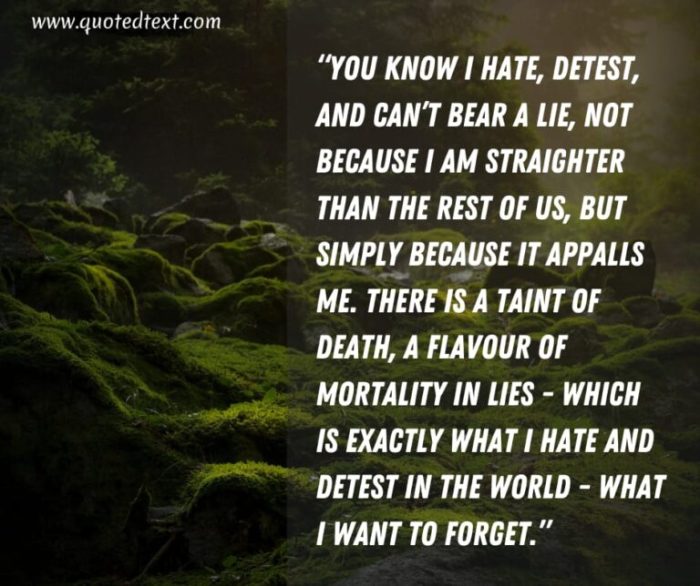
Kurtz’s enigmatic and often contradictory statements throughout the novel shed light on the inherent complexity of human nature. His character serves as a stark reminder of the paradoxical coexistence of both good and evil within us all.
The Potential for Good
- Kurtz’s initial idealism and desire to uplift the natives reveal a glimmer of compassion and altruism within him.
- His ability to inspire loyalty and devotion among his followers suggests a charismatic and persuasive nature.
The Potential for Evil
- Kurtz’s descent into savagery and brutality exposes the dark side of human nature capable of committing unspeakable acts.
- His willingness to exploit and enslave the natives for personal gain underscores the corrupting influence of power and greed.
The Impact of Isolation
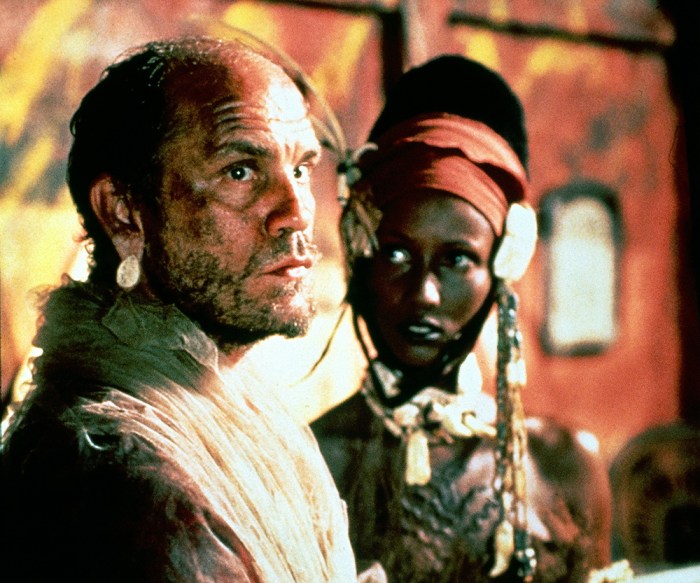
Kurtz’s prolonged isolation in the heart of Africa had a profound impact on his character. Cut off from the constraints and norms of civilized society, he descended into a state of savagery and madness.
His quotes reveal the psychological and emotional toll that isolation took on him. He became disillusioned with the hypocrisy and corruption of European society, seeing it as a “whited sepulchre” that masked a dark and savage heart.
Psychological Effects
- Loss of Morality:Isolation eroded Kurtz’s moral compass, leading him to embrace the brutality and violence of the wilderness.
- Paranoia and Suspicion:He became increasingly paranoid and suspicious of others, believing they were plotting against him.
- Hallucinations and Madness:Kurtz’s isolation pushed him to the brink of madness, resulting in hallucinations and delusions.
Emotional Effects
- Loneliness and Despair:Kurtz’s isolation left him feeling profoundly lonely and despairing.
- Hatred and Misanthropy:He developed a deep hatred for humanity, seeing it as a source of evil and suffering.
- Yearning for Redemption:Despite his descent into savagery, Kurtz still harbored a glimmer of hope for redemption.
Symbolism and Imagery
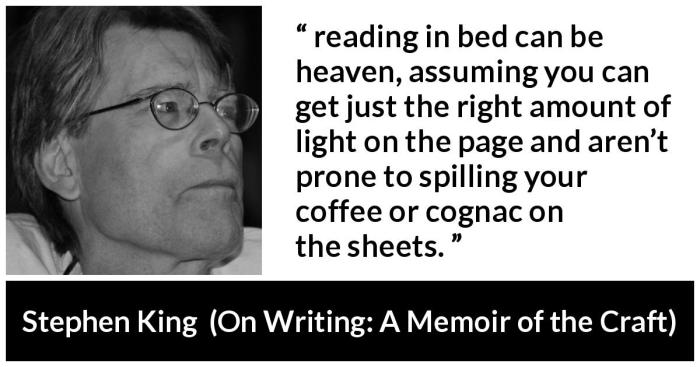
Kurtz’s quotes are replete with symbolism and imagery, which serve to enhance the novel’s overall meaning and impact. These elements create a vivid and evocative atmosphere, immersing the reader in the novel’s themes and characters.
Darkness and Light
The contrast between darkness and light is a recurring motif in Kurtz’s quotes. Darkness represents the evil and savagery that lurks within the human heart, while light symbolizes hope and redemption. Kurtz’s famous line, “The horror! The horror!”, encapsulates the overwhelming darkness that has consumed him.
The River
The Congo River serves as a powerful symbol of both life and death. It is a source of sustenance and transportation, but it also represents the dangers and uncertainties that lurk in the wilderness. Kurtz’s journey up the river is a symbolic journey into the heart of darkness.
The Heart of Darkness, Kurtz quotes heart of darkness
The heart of darkness is a metaphorical place where the worst of human nature resides. It is a place of savagery, violence, and despair. Kurtz’s descent into the heart of darkness is a reflection of his own moral decay.
The Illusion of Civilization
Kurtz’s quotes expose the illusion of civilization. He argues that the veneer of civilization is thin and that beneath it lies the same savagery that exists in the wilderness. His words serve as a warning against the dangers of complacency and self-deception.
The Power of Words
Kurtz’s words are powerful and evocative. They have the ability to both inspire and horrify. His famous line, “I am a voice crying in the wilderness”, encapsulates his sense of isolation and despair. His words also serve as a warning against the dangers of unchecked ambition.
Literary Devices
Kurtz’s quotes are a treasure trove of literary devices, each employed strategically to amplify the power and resonance of his words. These devices serve as the brushstrokes with which he paints vivid mental images, evokes profound emotions, and underscores the complexities of the human experience.
Figurative Language
Kurtz’s use of figurative language, including metaphors, similes, and personification, is a hallmark of his eloquence. Through these devices, he breathes life into abstract concepts, making them tangible and relatable. For instance, he describes the jungle as “an impenetrable darkness,” capturing its suffocating and enigmatic nature.
Similarly, he compares the natives to “shadows,” emphasizing their elusive and enigmatic presence.
Irony and Paradox
Kurtz’s quotes are often laden with irony and paradox, creating a sense of dissonance and unease. By juxtaposing contrasting ideas, he highlights the complexities and contradictions of human nature. For example, he declares, “Exterminate all the brutes!” while simultaneously recognizing that “all the horrors had come home.”
This juxtaposition exposes the hypocrisy and moral decay that pervade the colonial enterprise.
Symbolism
Kurtz’s quotes are replete with symbolism, using objects, actions, and characters to represent deeper meanings. The “heart of darkness” itself symbolizes the primal and savage instincts that lurk within all humans. The river represents the journey into the unknown, both physical and psychological.
And Kurtz’s ivory post is a poignant symbol of the destructive power of greed and ambition.
Rhetorical Devices
Kurtz’s mastery of rhetorical devices, such as repetition, alliteration, and anaphora, enhances the rhythm and cadence of his words. This creates a hypnotic effect, drawing the reader into the depths of his tormented mind. For example, his repeated use of the phrase “the horror, the horror” underscores the profound psychological impact of his experiences in the Congo.
FAQs
What is the significance of Kurtz’s quotes in Heart of Darkness?
Kurtz’s quotes provide profound insights into the nature of darkness, civilization, and the human condition. They reveal the complexities of colonialism and imperialism, and explore the destructive power of illusions.
How do Kurtz’s quotes reflect the themes of colonialism and imperialism?
Kurtz’s quotes expose the hypocrisy and brutality of colonialism. They highlight the destructive impact of European imperialism on African societies and the dehumanizing effects of power.
What is Kurtz’s view on the nature of darkness?
Kurtz believes that darkness is an inherent part of human nature. He sees it as a force that can both corrupt and enlighten, and he embraces it as a necessary evil in the pursuit of knowledge and experience.
